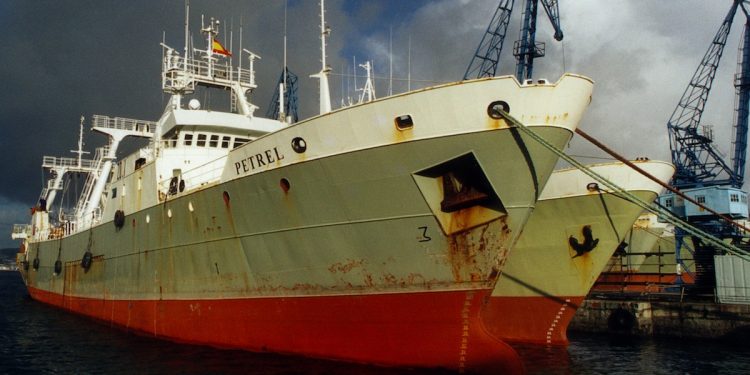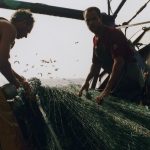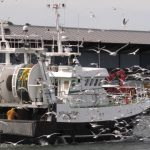Two Spanish fishing industry organisations have signed a landmark agreement with a body based in Argentina which actively promotes the establishment of sustainable management for the South Atlantic, the only sea area in the world that does not have a relevant Regional Fisheries Management Organisation (RFMO).
OPRAS – the Organisation for the Protection of South Atlantic Fishery Resources – is based in Argentina and promotes sustainable management for FAO Zone 41, which has been under increasing pressure from Asian squid fleets operating along the edge of the Argentinian EEZ where there have been recurring flashpoints.
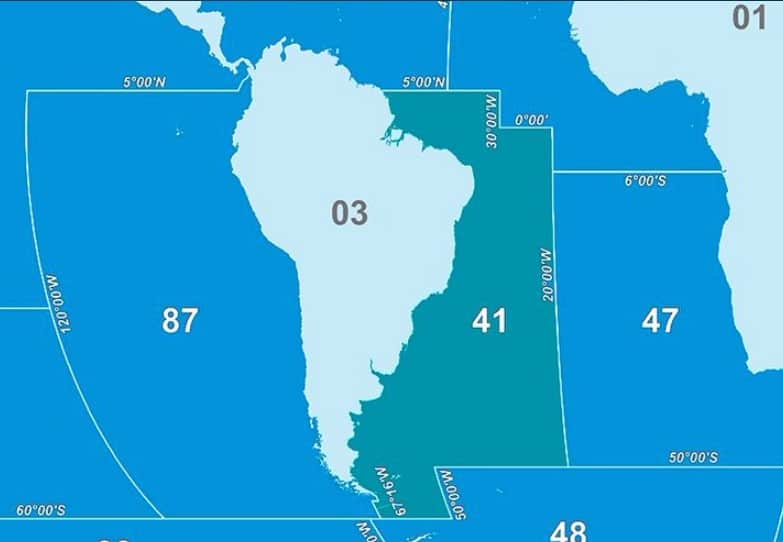
The Vigo-based National Association of Hake Fishing Freezer Vessel Owners (ANAMER) and Spanish national fishermen’s organisation CEPESCA have struck a framework collaboration agreement with OPRAS, joining the collective of non-governmental organisations, companies and producers in the fishing sector seeking to maintain environmental balance and the health of the area.
OPRAS, which was established in 2018, already has an agreement with the Chamber of Shipowners and the Fishing Industries of Itajai and Regiao of Brazil (SINDIPI) – and Brazil also borders FAO Area 41.
Both organisations have made representations to the UN and FAO as part of their efforts to establish an RFMO for South Atlantic waters.
Juan Manuel Liria, who takes over as president of ANAMER and CEPESCA following the recent death of Amador Suárez, signed the agreement on behalf of the two Spanish organisations.
‘For the Spanish fishing sector and by extension for the European Union, it is vital to be part of initiatives like this, since we are convinced that only sustainable fishing activity can ensure its future,’ commented Juan Manuel Liria, adding that signing this agreement also honours the memory of his predecessor Amador Suárez.
The agreement was formalised with a video conference attended by ANAMER managing director Edelmiro Ulloa and CEPESCA general secretary Javier Garat, as well as OPRAS VP Juan Redini, secretary Celestino Negueruela, executive director Eduardo Pucci and head of communication Gustavo Rachid.
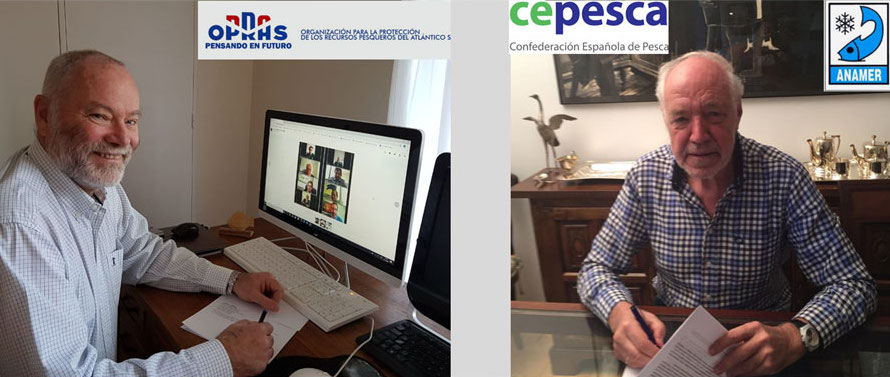
‘Today OPRAS, ANAMER and CEPESCA have signed an important agreement, ratifying the commitment of our organisations to achieving order and necessary governance in the exploitation of high seas resources in the South-West Atlantic,’ said OPRAS president Alan Mackern.
‘We uphold principles of legality, rationality and sustainability for the development of a legitimate fishery in a region of the high seas that lacks regulations and that presents the risk of over-exploitation due to the abuse of supposed freedoms that exceed international standards.’
The international waters of FAO area 41 are rich in hake and squid, and between 22 and 26 Spanish vessels have been operating there for 37 years, since 2008 subject to specific EU regulations that include, among others measures, the requirement to obtain a fishing permit, carry observers on board and to abide by the closure of fishing in areas seen vulnerable marine ecosystems, following an exhaustive survey by the Spanish Institute of Oceanography before the regulation came into force.
The agreement signed between the organisations sets out, among other objectives, the need for a technical commission for the conservation and sustainability of South-West Atlantic resources, as well as the implementation of a regime of sustainable exploitation.

